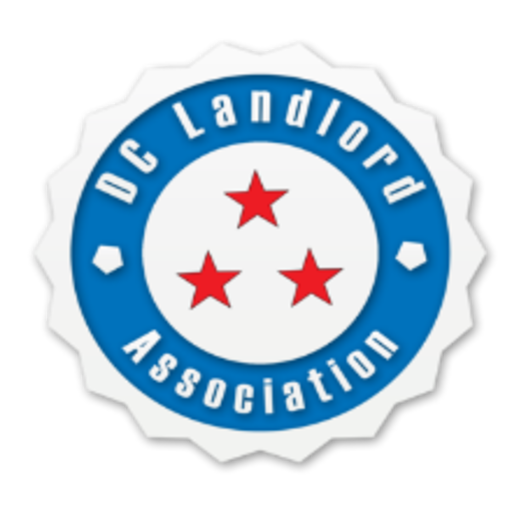Fair Housing
Why Understanding Fair Housing is Crucial for DC Landlords?
Fair housing laws play a pivotal role in shaping the rental landscape in Washington, DC, ensuring equality and non-discrimination in housing opportunities. As a Landlord in the District, comprehending these laws isn't just a legal obligation but a cornerstone of responsible property management. Below is a glance at why understanding fair housing is crucial for DC landlords.
Upholding Legal Responsibilities
The District of Columbia Human Rights Act prohibits discrimination in housing based on protected characteristics such as race, color, religion, national origin, sex, age, marital status, personal appearance, sexual orientation, gender identity or expression, familial status, family responsibilities, disability, matriculation, political affiliation, source of income, or place of residence or business. Ignorance of these protected classes can lead to unintentional violations that carry significant legal consequences.
Avoiding Discrimination Charges
Fair housing laws prevent landlords from engaging in discriminatory practices during tenant selection, lease negotiations, or eviction processes. Discrimination complaints can result in costly legal battles, damage to reputation, and financial penalties. By understanding fair housing principles, landlords can proactively create rental policies and procedures that comply with the law, reducing the risk of discriminatory practices.
Creating Inclusive Rental Environments
Understanding fair housing goes beyond legal compliance; it fosters inclusive rental environments that benefit both landlords and tenants. Embracing diversity and inclusivity can attract a wider range of prospective tenants, enhance tenant satisfaction, and contribute positively to community relations. By valuing fair housing principles, landlords contribute to a more equitable and harmonious rental market in Washington, DC.
Accessing Resources and Support
The Office of Human Rights (OHR) in D.C. provides resources, training, and guidance to landlords on fair housing practices. By familiarizing themselves with these resources, landlords can stay informed about updates to fair housing laws, access educational materials, and seek assistance in navigating complex fair housing issues.
Enhancing Property Management Practices
Incorporating fair housing principles into property management practices promotes professionalism and ethical conduct among landlords. By treating all applicants and tenants fairly and equally, landlords cultivate a positive reputation within the community and among housing agencies. This can lead to improved tenant relations, increased tenant retention, and ultimately, enhanced property value.
For Landlords in Washington, DC, understanding fair housing isn't just a legal requirement—it's a commitment to fostering equality, respect, and inclusivity in the rental housing market. By proactively educating yourself on fair housing laws and integrating these principles into their property management strategies, Landlords can contribute to a thriving and equitable rental environment for all residents of the District.
GET HELP

